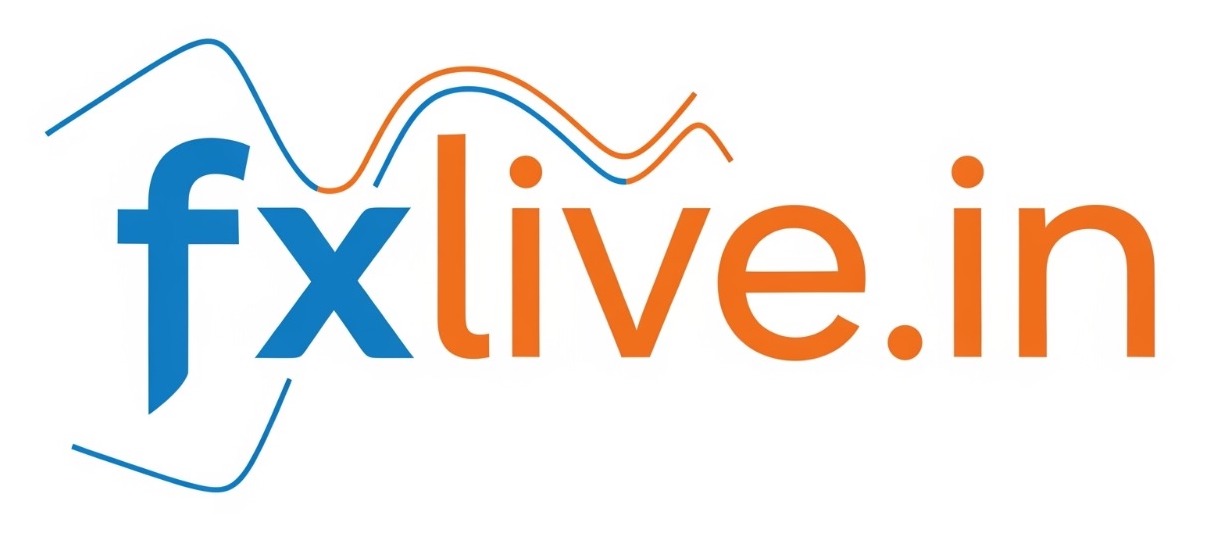The rejection of the Trump administration’s plans by US colleges and businesses centers on two distinct but related policies: a proposal that would limit international student enrollment (which heavily affects Indian students) and a measure significantly increasing the cost of the H-1B temporary work visa program.
US Colleges Reject Plan to Limit Indian and International Students
The backlash from US colleges stems from the Trump administration’s proposed “Compact for Academic Excellence in Higher Education,” a deal that tied federal funding to a list of university policy changes. A key demand in this compact was the reduction of international undergraduate enrollment to 15% and the removal of race and sex as considerations in admissions and hiring.
Indian students, who make up a large segment of the international student population in the US, would be significantly impacted by a cap on foreign enrollment.
Key Details of the Rejection:
- Compact Provisions: The proposal included:
- Reducing international undergraduate enrollment to a maximum of 15%.
- Freezing tuition for five years.
- Mandating faculty to maintain political neutrality.
- Barring the belittling of conservative ideas.
- Leading Rejections: The Massachusetts Institute of Technology (MIT) was the first major institution to formally reject the compact, followed shortly by Brown University.
- Stated Concerns: Both universities cited concerns that the compact would:
- Restrict academic freedom and institutional autonomy.
- Undermine the university’s ability to fulfill its mission.
- Be inconsistent with merit-based funding for research.
- Student and Faculty Response: There was significant on-campus pressure and protest, particularly at Brown University, urging the administration to reject the compact. Speakers raised concerns about free speech and the potential for immigration consequences for international students who spoke out.
US Businesses Reject H-1B Plan
The Trump administration introduced a measure drastically overhauling the H-1B visa program, which is used by US companies (especially in the tech sector) to hire highly skilled foreign workers. The majority of H-1B visa holders are from India.
Key Details of the H-1B Plan and Business Rejection:
- The New Fee: The core of the administration’s plan was a Proclamation that would require a $100,000 payment to accompany most new H-1B visa petitions for workers entering the US. Previously, application fees were typically between $2,000 and $5,000.
- Administration’s Stance: The administration defended the policy by arguing it was necessary to curb abuses of the program, stop the undercutting of wages for American workers, and prioritize high-skilled, high-paid workers.
- Business Response (US Chamber of Commerce): The US Chamber of Commerce filed a lawsuit against the administration to block the fee, calling the move “plainly unlawful” and arguing it violates the Immigration and Nationality Act, which requires visa fees to reflect the government’s processing costs.
- Industry Concerns: US businesses, particularly the tech sector, argue that the $100,000 fee is cost-prohibitive, especially for start-ups and small-to-midsize businesses, and will:
- Prevent them from hiring the top global talent they need to remain competitive.
- Lead to a “brain drain” as skilled workers move to other countries.
- Inhibit innovation and economic growth in the US.
- Impact on Indian Workers: The policy caused immediate confusion and widespread concern among existing H-1B visa holders (over 70% of whom are Indian citizens) and their families, with some canceling international travel plans out of fear of being unable to re-enter the US. The administration later clarified that the fee applies only to new petitions.

